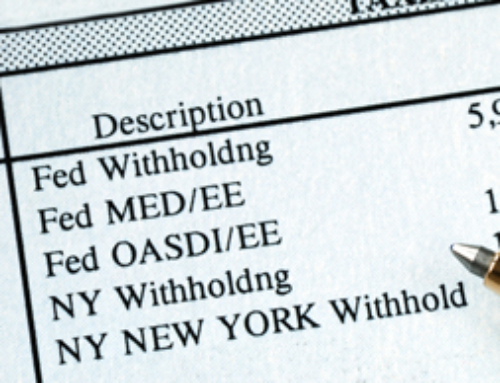 2011 Tax Filing Help: How to Select the Right Tax Pro for You
2011 Tax Filing Help: How to Select the Right Tax Pro for You
So you want to hire a tax professional to handle your taxes. You can opt for a CPA or an EA to handle your tax return, but which is the right tax professional for you—and why?
Here are the pros and cons of CPAs and EAs. (We’ll leave attorneys out of the equation, since you rarely need or want an attorney to prepare your taxes.)
CPAs—Certified Public Accountants—are licensed by their state after passing a difficult examination. Although many states offer the same master exam, some states offer their own version of the exam. CPAs are licensed to practice only in their state.
Since the IRS recognizes CPAs as “tax practitioners,” CPAs may represent all clients before the IRS, even if you live in a state where the CPA is not licensed. That’s important if you are audited, receive IRS notices, have balances due, or need your tax pro to communicate on your behalf so you don’t have to take time off from work.
CPAs must take continuing education to stay current in their profession. They don’t have to take tax-education courses; they may take all their courses in certified audits, accounting, etc. Each state has different requirements for education. There is no requirement for even one hour of tax education.
Most CPAs whose practice revolves around taxation do stay current on tax issues. Make sure the CPA you select understands the issues related to your particular situation.
One last word of advice: CPAs tend to be expensive, so shop around.
EAs—Enrolled Agents—get their authority from the U.S. Treasury Department. They must pass three intensive examinations on taxes and ethics offered by the IRS. Or they must have worked for the IRS for at least five years.
EAs practice nationally, even internationally. If you move to another state, or even another country, your EA can still work with you.
EAs complete between twenty-four and thirty hours of continuing education each year. All of it must be tax related. EAs are current on the tax laws that affect your tax return and your business.
If you need help with IRS problems like tax audits, IRS debts, tax bankruptcy, and other representation issues, EAs tend to have more expertise in these areas.
EAs are not required to take basic courses in accounting. Many do have accounting degrees and education. Unfortunately, many others do not. When seeking an EA to handle complex accounting for your business, be sure to interview the agent in depth about his or her accounting education and expertise.
Generally EAs are less expensive than CPAs—sometimes substantially less expensive, especially when it comes to business tax returns. You will receive the same level of tax expertise—or higher—for a lower price.
Overview
In all cases, select someone to work with you for the long term. Establish a relationship with your tax professional so that he or she can help you plan for your finances, taxes, and business growth.
Be aware that not all tax professionals are familiar with employee stock options, discharge of debt, Section 1031 exchanges, and other uncommon activities. When it comes to one-shot transactions, any good tax pro will do the research or consult someone about your situation. However, if you are always engaged in complex financial activities, hire someone who understands your needs—or can keep up.
Most of all, select someone who communicates with you. If a tax pro makes you feel stupid, that is the wrong tax pro for you.

Weird Taxes Affecting You Right Now
Estate Tax Update: How Will the Estate Tax Affect You?
The Nanny Tax: How to Pay Nannies, Babysitters, and Home Help
Tax Repercussions of Divorce
Tax Consequences of Unemployment






